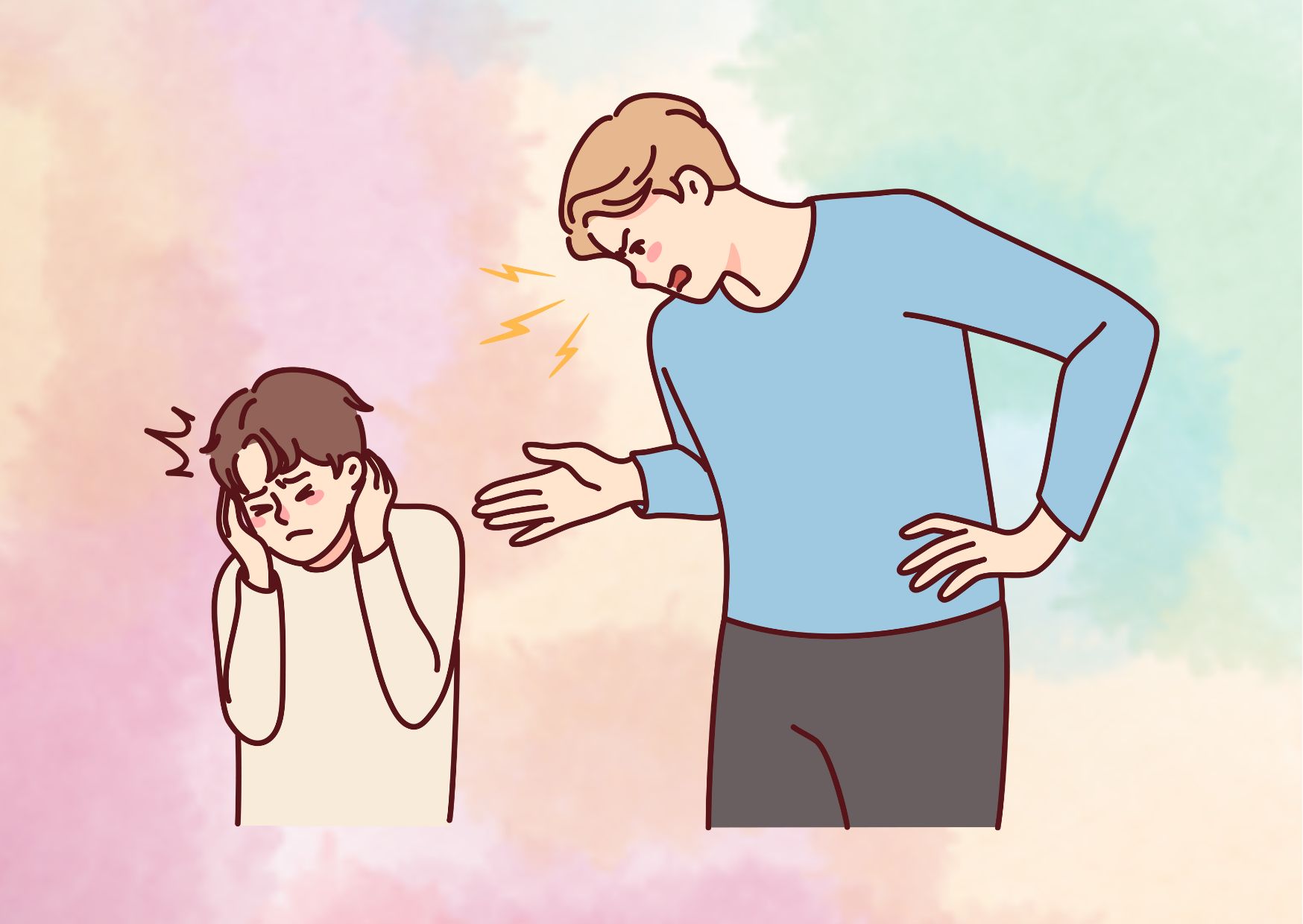How to Identify and Handle Emotional Damage: Tips for Recovery
Emotional damage refers to the profound and lasting impact that traumatic experiences can have on an individual’s emotional well-being, often making it difficult for them to cope with emotions, feel good about themselves, or maintain healthy relationships. Trauma, whether caused by a single devastating event or ongoing stress, can shatter one’s sense of security and leave them feeling helpless, potentially leading to emotional instability, low self-esteem, trust issues, and self-destructive behaviors.
This comprehensive guide delves into understanding emotional damage, its symptoms, and its far-reaching effects on relationships and overall functioning. It explores the healing and recovery process, offering insights into various therapy approaches, the unique challenges posed by childhood trauma, and self-help strategies for managing emotional distress and trauma. Additionally, the guide provides valuable tips for supporting loved ones who may be grappling with the aftermath of traumatic experiences and emotional abuse.
Understanding Emotional Damage
Emotional damage refers to the profound and lasting impact that traumatic experiences can have on an individual’s emotional well-being. It can stem from a variety of sources, ranging from one-time devastating events to ongoing stress or commonly overlooked causes like surgery or the loss of a loved one. Childhood trauma, such as abuse, neglect, or an unstable environment, can be particularly detrimental, increasing the risk of future trauma and having severe, long-lasting effects.
The manifestations of emotional damage can be diverse and far-reaching. Individuals may experience a range of emotional and psychological symptoms, including shock, confusion, anger, anxiety, guilt, withdrawal, sadness, and numbness. Common life stressors that may require emotional healing include loss of a loved one, divorce, breakups, job loss, abuse, and illness.
Emotional Damage in Relationships
One example of emotional damage is a person who has experienced repeated verbal or emotional abuse in a close relationship, leading to low self-esteem, anxiety, and a fear of forming new relationships. Such experiences can profoundly impact an individual’s ability to trust and engage in healthy, intimate connections.
Symptoms and Signs
Emotional damage can manifest in various ways, both psychologically and physically. Here are some common symptoms and signs to watch out for:
Psychological Symptoms
- Emotional reactions like shock, confusion, anger, anxiety, guilt, withdrawal, sadness, and numbness.
- Cognitive changes such as intrusive thoughts, memory issues, and difficulty concentrating.
- Behavioral patterns like avoidance, hypervigilance, and self-destructive behaviors.
- Psychological concerns like anxiety, depression, emotional instability, and low self-esteem.
| Emotional Symptoms | Cognitive Symptoms | Behavioral Symptoms |
| Anxiety | Intrusive thoughts | Avoidance behaviors |
| Depression | Memory issues | Hypervigilance |
| Emotional numbness | Concentration issues | Self-destructive acts |
| Anger/Irritability | Social isolation |
Physical Symptoms
- Sleep disturbances like insomnia or nightmares.
- Fatigue and muscle tension.
- Being easily startled or having a racing heartbeat.
- Unexplained aches, pains, or physical discomfort.
It’s important to note that strong reactions following a distressing event are normal, but if they persist or worsen after a few weeks, it may indicate a need for professional help, especially if symptoms align with post-traumatic stress disorder (PTSD).
Impact on Relationships
Emotional damage can profoundly impact an individual’s ability to form and maintain healthy relationships. Trauma can shape how a person perceives themselves, others, and the world around them, influencing their relational patterns and behaviors.
Trust and Emotional Connection
Open and honest communication is vital for building trust and fostering a strong emotional connection. However, emotional damage can make it challenging to trust others, leading to avoidance behaviors or emotional withdrawal. Strategies like being reliable, transparent, and consistently showing love and support can help rebuild trust. Providing a supportive and understanding environment is crucial for fostering emotional security.
Navigating Complexities
Addressing the complexities of emotional damage in relationships requires skills like emotional intelligence, conflict resolution, and effective communication. Partners may need to validate each other’s feelings, provide emotional support, and assist in developing healthy coping strategies to promote healing and growth. Trauma can cause anger, frustration, and emotional responses that are difficult for a partner to understand, necessitating patience and empathy.
| Relational Challenges | Potential Impacts |
| Lack of trust | Difficulty forming emotional bonds |
| Avoidance behaviors | Emotional withdrawal and isolation |
| Emotional dysregulation | Strained communication and conflicts |
| Trauma bonding | Rationalizing or justifying abusive behaviors |
Emotional damage can manifest in various ways, such as hyperalertness, emotional numbness, or dissociation, all of which can strain relationships. Trauma can also lead to avoidance behaviors, causing individuals to withdraw and isolate themselves, further impacting the relationship.
Suggestion for read: Bottom-Up Therapy for Trauma
Healing and Recovery Process
Healing from emotional damage is a journey that requires patience, self-compassion, and a multifaceted approach. The recovery process often involves a combination of professional support, self-care practices, and developing healthy coping strategies.

